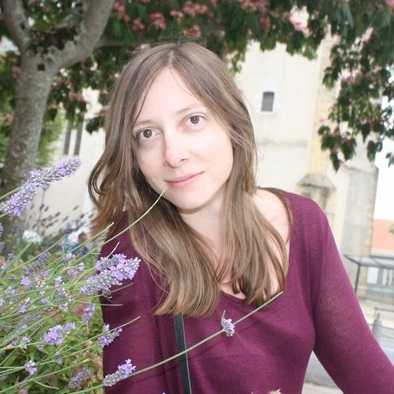 Recently, I have assumed the role of fiction editor of the Blue Mesa Review after being a grad reader for two semesters. Although I now have the final say when it comes to choosing which stories to publish, my responsibilities after the “promotion” haven’t changed that much. Just like before, I spend most of my time reading tons of submissions without any forewarning whether the next one is going to be a masterpiece or a disaster. That can be scary sometimes. What if there aren’t any good stories in the pile? What if there are too many good ones, more than we can publish? Or what if there’s a great piece, but I will never know that because of a few missed commas and a weak opening?
Recently, I have assumed the role of fiction editor of the Blue Mesa Review after being a grad reader for two semesters. Although I now have the final say when it comes to choosing which stories to publish, my responsibilities after the “promotion” haven’t changed that much. Just like before, I spend most of my time reading tons of submissions without any forewarning whether the next one is going to be a masterpiece or a disaster. That can be scary sometimes. What if there aren’t any good stories in the pile? What if there are too many good ones, more than we can publish? Or what if there’s a great piece, but I will never know that because of a few missed commas and a weak opening?
These questions are on my mind a lot, but the number of submissions we receive makes it harder to give each story a chance if it doesn’t pull you in from the first page. Yet, after about a year of reading for the magazine, I noticed there are always some stories that manage to catch my attention, even if it is a thirtieth story I read that day. Whenever that happens, I try to pinpoint what exactly draws me in. To put it simply I would say “freshness:” an unfamiliar subject or approach, a different perspective or a point of view, sometimes even just well-crafted sentences free of clichés and stagnation. “Fresh” to me does not necessarily mean an avant-garde, boundaries-blurring riddle for the reader, but simply something new, unfamiliar in one way or the other. Surprising your reader (not in a literal sense, let’s say by resurrecting a character you killed on the first page) is important and even essential, and when I think about it, every single story or a novel that impressed me showed me something I hadn’t seen before, surprised me.
However, while catching and maintaining reader’s attention are important, those things alone will not get you published. I sometimes encounter wonderfully crafted stories that are a pleasure to read until the very last page where they just end abruptly without any satisfying conclusion, and I am left wondering what was the point of writing the piece at all. Ending a story in a powerful way, or more precisely wrapping it up, making it a story, a piece of fiction that is not necessarily conclusive, but satisfying is very challenging indeed. I believe that asking yourself the question “why did I want to write this story?” helps a lot. If you can’t answer this question or don’t think your piece on its own can that is probably the indication that you still have some work to do. When I read your submission, I want the story to answer this question without any outside help.
And a few last notes: Although you definitely want your submission to stand out, fancy fonts or unconventional cover letters are not the best way to do that. I will not discard a submission simply because of the wrong font, but I do prefer Times New Roman, 12pt, double-spaced. It’s always a good idea to read our guidelines and follow them.
Good luck. I am looking forward to reading your submissions this year!
Tatiana Duvanova, Fiction Editor of the Blue Mesa Review.